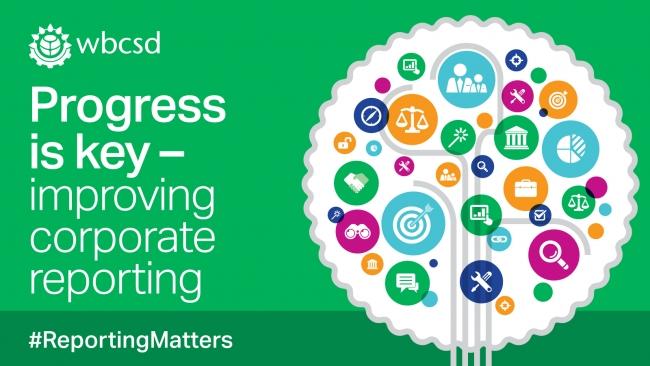CLP Shares New Trends in Corporate Sustainability Reporting
by Vikas Vij

Originally published on JustMeans
In the last two decades, there has been a manifold increase in the number of reporting requirements and guidance documents related to corporate reporting on ESG issues as governments, nonprofits, stock exchanges and others look to companies for transparency on their sustainability performance. As a result, an increasing robustness is now seen in non-financial reporting among companies worldwide.
The CLP Group highlighted the importance of tracking the trends that are changing the business landscape and the need for incorporating the trends into a company’s strategy to maintain a sustainable business in the latest edition of Reporting matters.
This year’s examination of 157 sustainability reports from the World Business Council for Sustainable Development’s (WBCSD) member companies shows there is clear progress towards the bold, transformative change in reporting that is an essential part of delivering the Sustainable Development Goals (SDGs).
Dr. Jeanne Ng, Director of Group Sustainability at CLP, said that the Group has recently developed an approach that includes identifying relevant sources for global trend tracking; aggregating and then prioritizing the top trends; identifying the potential business implications of these trends for the industry; and identifying potential business risks and opportunities arising from these implications for the Group.
Reporting matters: 2017 Highlights
- 74% of member company reports reviewed have improved their overall score in WBCSD’s benchmark compared to baseline year 2013.
- 44% of member company reports reviewed go beyond a traditional PDF report and include online content – up from 23% in 2014.
- 79% of member company reports reviewed acknowledge the SDGs in some way. 45% align their sustainability strategy with goal-level criteria.
- 34% of member company reports reviewed combine financial and non-financial information, up from 23% in 2013.
- 85% of member company reports reviewed cite the GRI Guidelines or the new Standards. 18% have already transitioned to the new GRI Standards.
- 27% of member company reports reviewed note that executive compensation is tied to sustainability metrics in some way, but only five companies provide specific percentages.
Peter Bakker, President and CEO of WBCSD, said that robust infrastructure is now in place to move the sustainability conversation into the heart of corporate governance, financial management, board responsibility and risk management. Reporting matters is an important stock-taking effort in this collective journey.

